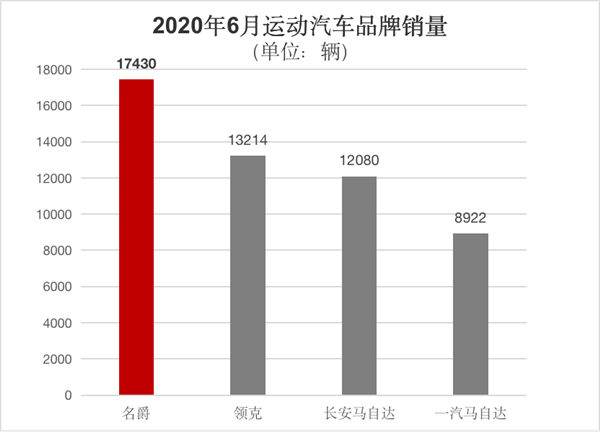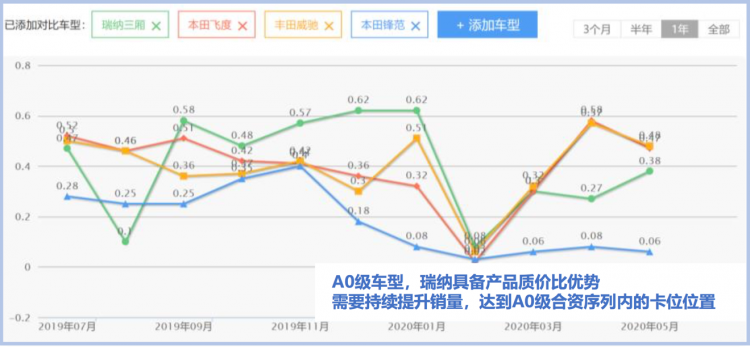From electronic ticketing to scene interaction, from smart scenic spots to smart camps, the development of smart tourism is increasing day by day. Let’s hear what experts in the industry think about it.
![[Topic] Industry experts analyze smart tourism](https://img.ucar.run/ecar/8820.jpg)
He Wei: Smart tourism should start from the top-level design
Smart tourism is proposed on the basis of the development of Internet technology to the stage of cloud computing and the Internet of Things, in order to better promote and improve the development level of my country’s tourism industry. But from the current situation of development, it is not satisfactory. Many places only understand it as the intelligence of scenic spots, and think that the installation of WIFI and QR code ticketing system is smart tourism. In fact, the more important aspect is to consider how to use the local market competitive advantages, tourism resources and technological conditions from the top-level design of tourism development in a region. At the same time, we must also consider the protection of the ecological environment so that the tourism industry can achieve long-term, stable and sustainable development. . In addition, how the tourism department can unify the opinions of all parties and coordinate and plan becomes the key.
When it comes to the development of smart camps, more support and guidance may be needed from the policy level. Although a series of documents and spirits have been issued in recent years to encourage the construction of RV self-driving tours and camping sites, there is still a big gap in the specific implementation of operations. At the same time, the cooperation of the industry is also required to truly understand the market and find suitable products. . If the market does not have a scale, there will be no big data for statistical analysis. For this new tourism industry, we need to recognize its industry characteristics and development rules, remove obstacles, and promote and accelerate the pace of development. In terms of camp construction, it is necessary to improve the technical content of the camp and the application of intelligent facilities, and pay attention to humanized service and efficient operation and management. At present, what the industry lacks most is professional management talents. We need to establish a professional education and training system as soon as possible, select tourism management talents and train them in camp operation management, so as to provide fresh blood for the development of the industry.
With the development of smart tourism and the transformation of people’s ideas, the traditional tourism industry will definitely undergo many changes. At the current stage, we have realized a series of operations such as destination selection, transportation and accommodation booking, scenic spot tickets and services from the Internet or mobile APP, and will be more convenient on this basis in the future. As long as people put forward travel needs, they will get tailor-made personalized solutions from the Internet based on personal past experiences, vacation and sightseeing habits, and entertainment and leisure preferences. In short, smart tourism should start from the top-level design, and use the continuously developing advanced technology to realize the sustainable and healthy development of the tourism industry.
![[Topic] Industry experts analyze smart tourism](https://img.ucar.run/ecar/8821.jpg)
Mokeli: Not “wisdom+” but “+wisdom”
Smart tourism is actually not an independent concept. It cannot be viewed as a separate project. It is not “wisdom +”, but a concept of integration. It should be said that it is “+ wisdom”, adding intelligence, Smart tools.
Wisdom itself is proposed as a “+wisdom” and cannot be proposed as an independent project and starting point. For example, the National Development and Reform Commission only evaluates fixed assets when approving projects, and has no relevant policies for virtual projects. And standards to evaluate, without corresponding policy conditions and evaluation conditions, it is difficult for functional departments to promote and popularize.
In fact, the software links such as marketing management and services developed in the early days of smart tourism have made great progress in these years, but the tourism industry is too traditional, the industrial links are quite complicated, and the stock assets are huge. The “+ wisdom” process will inevitably start quickly. , so it has not yet reached the stage of explosive growth and manifestation of achievements, but I believe that it will show accelerated development in the future.
Under the background of various forces, especially policy and capital inclination, the structure of the tourism industry will inevitably change, and an important feature is the transformation to intelligence. Wisdom is a means and an end, not an end and a cause. The use of intelligent tools will greatly reduce the cost of tourism investment, construction and management, and fundamentally solve the problem of “heavy assets, long payback period, and large investment” in tourism; in the future, intelligentization from software to hardware, especially those that have not been paid attention to now Intelligent infrastructure can enable tourists to reach places they could not go before, and “no man’s land” can also become a tourist area; real intelligence, that is, the development of artificial intelligence, will make tourism behavior, that is, “playing methods” be infinitely extended. From another perspective, the prospect of smart tourism is actually the prospect of the future of tourism with the help of intelligence and intelligent means.
![[Topic] Industry experts analyze smart tourism](https://img.ucar.run/ecar/8822.jpg)
Wang Hao: The key to smart tourism lies in the integration of “wisdom” and “tourism”
The development of smart tourism mainly relies on the technical support of the “smart” industry. However, the technology industry has not yet paid enough attention to this market. The essence is that the profit margin needs to be tapped. Compared with professional Internet development companies, the technological development capabilities of scenic spots are insufficient. Scenic spots are fighting on their own, resulting in scattered waste of resources, no integrated and unified models and applications, and people are rarely willing to download a dedicated platform for a scenic spot and prefer to A commonly used network platform, these are the shackles that affect the development of smart tourism. If you can come up with a joint platform development plan, combining the technology of the technology platform and the information advantages of the scenic spot itself, so that users can use it in various scenic spots in a simple, convenient and easy-to-use manner, and tap market profits, it will surely achieve a great breakthrough. .
The current benefit of smart tourism is that it can improve the user’s travel experience in the scenic area, balance the resources in the entire scenic area, and maximize the utilization of resources. The use of smart tourism can revitalize the existing inherent resources of the entire scenic spot, turn the ordinary tourist experience into a multi-interesting and multi-angle personalized tourist experience, and maximize the rational application of resources, thereby improving experience, reducing costs, and allowing the entire industry to reflect tourists. New impetus and new experience for consumption.
The real concept of wisdom is the unification and integration of information and resources. At present, the real link in this regard has not been established. Tourism products are in the traditional tourism experience and have not given full play to the multi-application of information resources, so there are still a lot of gaps and scattered in this direction. . If there is a unified platform and the special advantages of each scenic spot can be used, the pattern of the entire tourism industry will be changed, and the tourist interest and diversified experience of Chinese people will be greatly improved. The key to smart tourism lies in the deep integration of the “smart” industry and the “tourism” industry. At the same time, just as the Internet integrates other industries, technical talents play a vital role in the development of the smart tourism industry.




